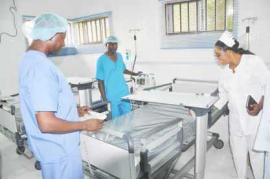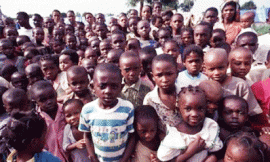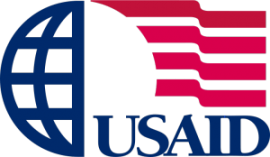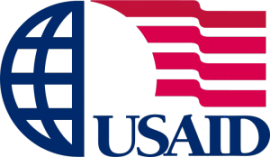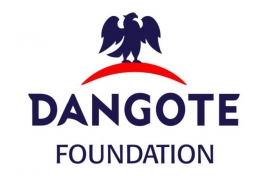Gynaecologists link high maternal, child mortality to traditional delivery methods
Worried by increase in number of women coming down with fistula health condition in the country, gynaecologists have called for abolition of traditional birth attendance.
Rather, pregnant women are urged to attend antenatal care in primary healthcare and other recognised hospitals, as this would help to reduce cases of prolonged obstructed labours, which are the major cause of obstetric fistula.


